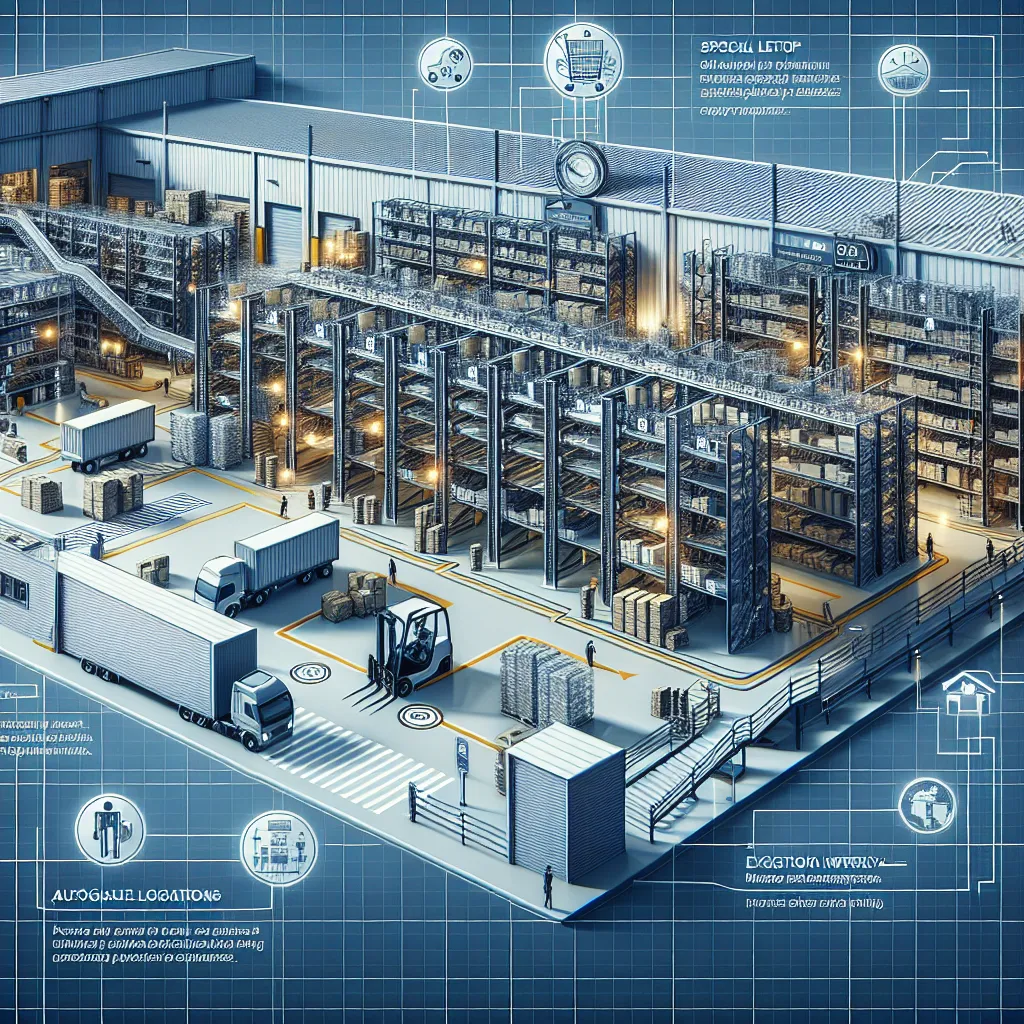Implementing Green Supply Chain Initiatives in Logistics Operations
Implementing green supply chain initiatives in logistics operations is crucial to reducing the environmental impact of the transportation and distribution industry. Companies are increasingly recognizing the importance of integrating sustainable practices into their logistical processes to minimize their carbon footprint and contribute to environmental preservation. Green supply chain initiatives encompass various strategies, including optimizing transportation routes, utilizing fuel-efficient vehicles, implementing eco-friendly packaging, and reducing energy consumption in warehousing facilities.
One of the key aspects of implementing green supply chain initiatives is the adoption of alternative transportation modes, such as rail and waterways, to reduce reliance on traditional road freight. By diversifying transportation methods, companies can lower emissions and alleviate traffic congestion, leading to a more sustainable logistics network. Additionally, leveraging technology solutions, such as route optimization software and real-time vehicle tracking, can enhance operational efficiency and minimize fuel consumption, further diminishing the environmental impact of logistics operations.
Furthermore, green supply chain initiatives involve collaborating with environmentally responsible suppliers and partners. This entails sourcing raw materials and components from eco-conscious vendors and fostering transparent relationships throughout the supply chain. By prioritizing sustainability in supplier selection and contracting, companies can uphold ethical and environmentally friendly practices, thereby promoting a greener and more sustainable logistics ecosystem.
In conclusion, by integrating green supply chain initiatives into logistics operations, companies can proactively reduce their environmental impact while simultaneously improving operational efficiency. Embracing sustainable practices not only aligns with corporate social responsibility but also positions businesses as conscientious stewards of the environment, fostering a positive reputation and contributing to a more sustainable future for the logistics industry.
Strategies for Sustainable Transportation and Packaging in the Logistics Industry
One of the key strategies for sustainable transportation in the logistics industry is the optimization of transport routes and modes. By utilizing advanced routing technologies and considering factors such as fuel consumption, emissions, and traffic congestion, companies can minimize their environmental impact while improving efficiency. Additionally, the use of alternative fuel vehicles, such as electric or hybrid trucks, can significantly reduce carbon emissions and reliance on non-renewable resources.
Another crucial aspect of sustainable logistics is the implementation of eco-friendly packaging solutions. This includes the use of recyclable materials, right-sized packaging to minimize waste, and the adoption of innovative packaging designs that reduce the overall environmental footprint. By optimizing packaging, companies can not only lower their carbon footprint but also decrease transportation costs through more efficient use of space and materials.
Additionally, embracing multimodal transportation, which combines different modes of transport such as rail, road, and sea, can further reduce the environmental impact of logistics operations. This approach helps to minimize reliance on a single mode of transport, thus lowering emissions and fuel consumption while promoting a more integrated and sustainable transportation network.
In conclusion, sustainable transportation and packaging strategies play a vital role in reducing the environmental impact of logistics operations. By leveraging advanced technologies, alternative fuel vehicles, eco-friendly packaging solutions, and multimodal transportation, the logistics industry can drive towards a more sustainable and environmentally conscious future.
Innovations in Eco-Friendly Warehousing and Distribution
As sustainability becomes an increasingly important aspect of business operations, the logistics industry is constantly seeking innovative ways to reduce its environmental impact. One area that has seen significant advancements in eco-friendly practices is warehousing and distribution.
One of the key innovations in eco-friendly warehousing and distribution is the implementation of energy-efficient technologies. This includes the use of LED lighting, motion sensors to control lighting and heating, and the installation of solar panels to generate renewable energy. These technologies not only reduce the carbon footprint of warehouses but also result in substantial cost savings for companies in the long run.
Another important aspect of eco-friendly warehousing is the adoption of sustainable packaging materials and practices. Companies are increasingly using recycled and recyclable materials for packaging, optimizing the use of space in packaging to reduce waste, and implementing returnable packaging systems to minimize environmental impact.
Furthermore, the optimization of transportation routes and the use of electric or hybrid vehicles for distribution are playing a crucial role in reducing the environmental impact of logistics operations. Companies are investing in route optimization software and incorporating electric or hybrid vehicles into their fleets to lower carbon emissions and air pollution.
In conclusion, the logistics industry is making significant strides in implementing eco-friendly practices in warehousing and distribution. Through the adoption of energy-efficient technologies, sustainable packaging practices, and optimization of transportation, companies are not only reducing their environmental impact but also achieving cost-efficiency in their operations.




